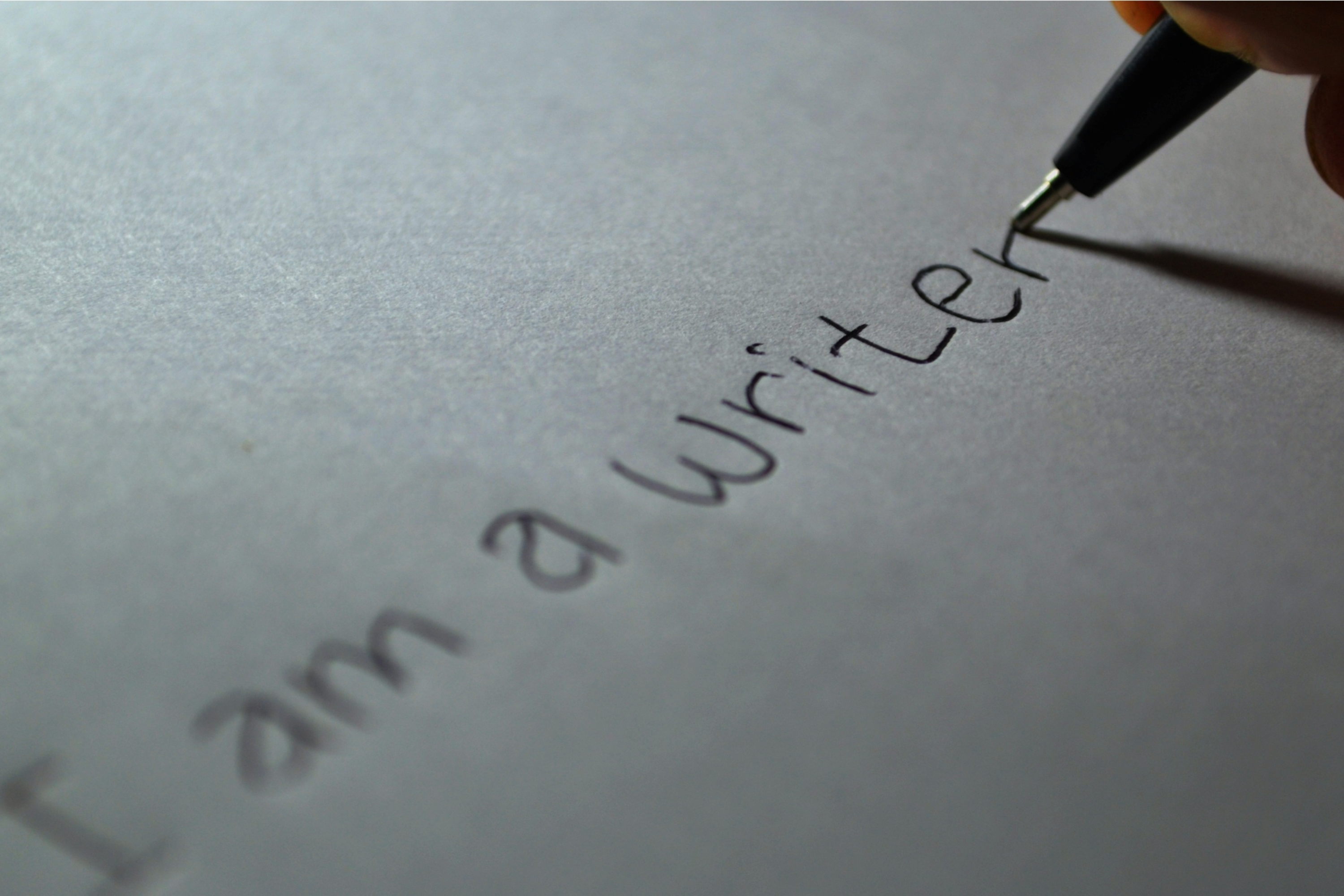Authors – and the writing world in general – have largely been up in arms over the rise of ChatGPT and other AI aggregator programs that “create” their content by crawling through existing material and stitching it together – to arguably make something new.
One of the biggest frustrations has been the acknowledged fact that AI language models such as ChatGPT were “trained” using pirated copies of published works, amounting to what authors believe is the theft of their work.
Because of this, a group of well-known authors including John Grisham, George R.R. Martin, and Jodi Picoult recently banded with the Author’s Guild to sue OpenAI for copyright infringement.
Authors Fight Against AI — OpenAI Rebuts
The authors are arguing that AI companies should not be allowed to use their works for free, and that creators should be able to choose whether or not their copyrighted material is used at all.
Additionally, they say that companies could have easily either restricted their “training” materials to works that were already in the public domain or chosen to compensate creators for their work. However, they opted to do neither.
Which seems like a pretty solid position. However, from OpenAI’s point of view, the question seems to be whether their use of the copyrighted material actually violates copyright law.
Their response to similar earlier lawsuits was that authors have a misconception regarding the scope of copyright law and that OpenAI’s use of existing works falls under fair use.
Bigger Than Copyright?
For authors and – they have argued – society, this fight is about far more than whether or not copyright laws have been violated. In their latest complaint, authors say that large language models (LLMs) endanger their very profession and ability to make a living, and that refusing to compensate them fairly devalues their work – work they believe necessary for a healthy and functioning democracy.
Already, writers have reported losing their jobs to generative AI models, and this is something that is only likely to occur more and more as the models improve.
On the flip side, if authors win their claim, it could completely upend the business model for OpenAI and others. It would effectively prevent them from crawling existing data, as they would be forced to negotiate licensing deals over work that they want to use to train their AIs.
Do We Know Which Way the Wind Is Blowing?
Not really.
Over the next several years, cases like these are likely to be incredibly precedential in determining how our society incorporates and interacts with AI technologies in the coming decades.
Whichever way the court decides, we will be living with the ripple effects for years to come, even as AI becomes more widespread and advanced, spreading its tendrils into more areas of our lives.
I, for one, will be watching very closely.
